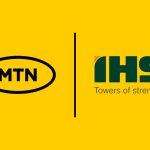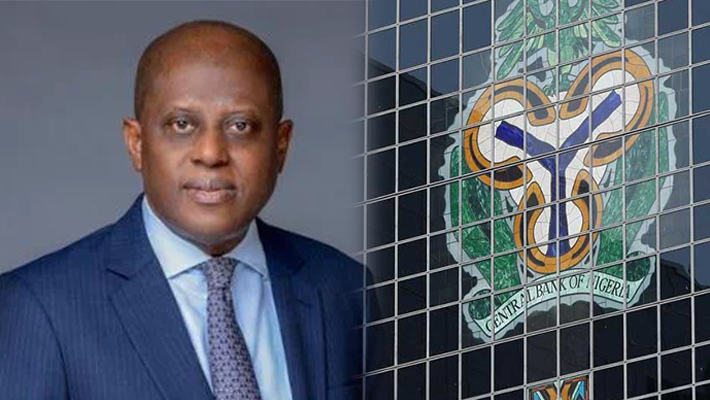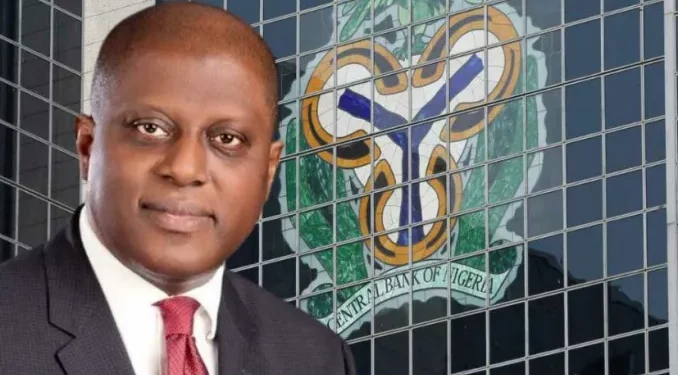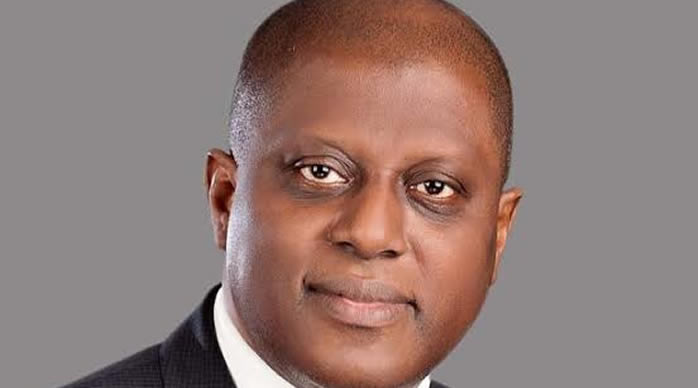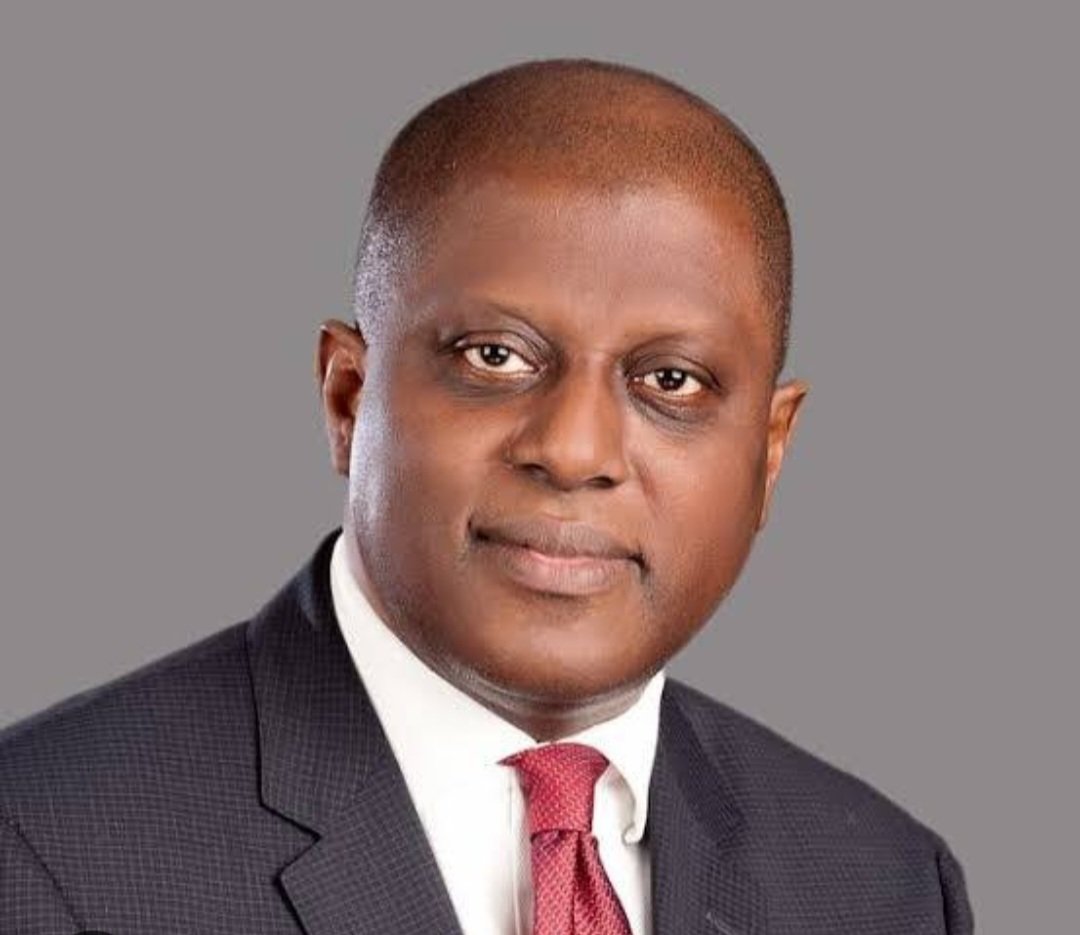Top Authors
Popular Posts
ATCON Leadership Visits NCC, Strengthens Collaboration on QoS and Underserved Areas
NCC Calls for Stakeholder Input on Review of National Telecommunications Policy 2000
MTN’s $6.2bn IHS Deal Faces Federal Government Review Amid Telecom Monopoly Concerns
African Countries With The Highest Interest Rates in May 2025
May 26, 2025
As inflation and currency volatility persist across Africa,...
CBN Bans Banks And Fintechs From International Money Transfers
February 3, 2024
The ban comes amid the apex bank’s resolve to maintain...
Why We Sacked the MD’s of Union, Titan, Keystone And Polaris Banks – CBN
January 11, 2024
The Central Bank of Nigeria has dissolved the entire Board of...
Bank CEOs, Others in Merger, Acquisition Talks
November 26, 2023
Indications emerged on Saturday that the chief executive...
7 Things to know about new CBN Governor, Cardoso
September 16, 2023
President Bola Ahmed Tinubu approved on Friday the nomination...
Nigeria’s Apex Bank Mandates Financial Institutions to Obtain Customers’ Social Media Handles
June 25, 2023
Financial institutions have been mandated by the Central Bank of...
10 Day After Supreme Court Ruling, CBN Okays Use of Old Naira Notes
March 14, 2023
Ten days after Nigeria’s Supreme Court ruled that the N200, N500...
CBN Names Isa Abdulmumin as New Spokesperson
February 26, 2023
The Central Bank of Nigeria (CBN) has appointed Isa Abdulmumin...
Naira Redesign: Evaluating the Effectiveness of CBN’s Communication
February 23, 2023
There is a popular theory that Nigerians are resilient. The CBN...
BREAKING NEWS! Supreme Court Fixes March 3 for Judgement on New Naira Note
February 22, 2023
The Supreme Court on Wednesday adjourned judgement in the new...



